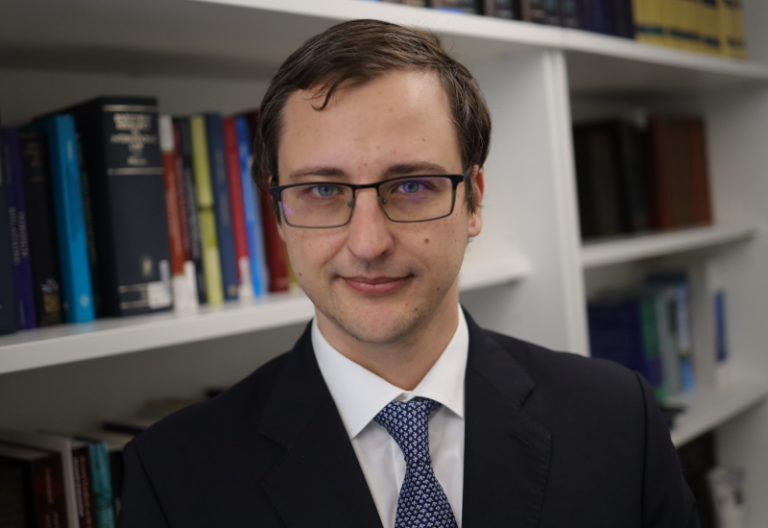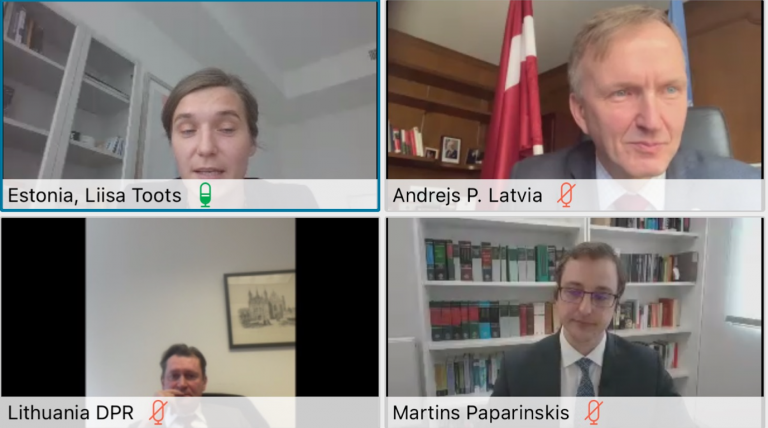Dr Paparinskis nominated for election to the International Law Commission
25 February 2021
Dr Martins Paparinskis has been nominated for election to the UN International Law Commission

Dr Martins Paparinskis, Reader in Public International Law at UCL Laws, has been nominated for election to the International Law Commission (ILC). Dr Paparinskis has been nominated by Latvia and is endorsed by all three Baltic States. If elected, he would be the first member of the ILC from the Baltic States. On 24 February, Dr Paparinskis participated in an interactive dialogue on his vision for the ILC, hosted by the Permanent Mission of Latvia to the United Nations, where he emphasised the crucial contribution by the Commission to effective multilateralism and the rule of law in international affairs.

The ILC was established by the General Assembly, in 1947, to undertake the mandate of the Assembly, under article 13 (1) (a) of the Charter of the United Nations to “initiate studies and make recommendations for the purpose of ... encouraging the progressive development of international law and its codification”. Article 2, paragraph 1, of the statute of the ILC provides that the members of the Commission “shall be persons of recognized competence in international law”. The members of the Commission are persons who possess recognized competence and qualifications in both doctrinal and practical aspects of international law. The membership of the Commission often reflects a broad spectrum of expertise and practical experience within the field of international law, including international dispute settlement procedures. Members are drawn from the various segments of the international legal community, such as academia, the diplomatic corps, government ministries and international organizations. Since the members are often persons working in the academic and diplomatic fields with outside professional responsibilities, the Commission is able to proceed with its work not in an ivory tower but in close touch with the realities of international life.
 Close
Close

